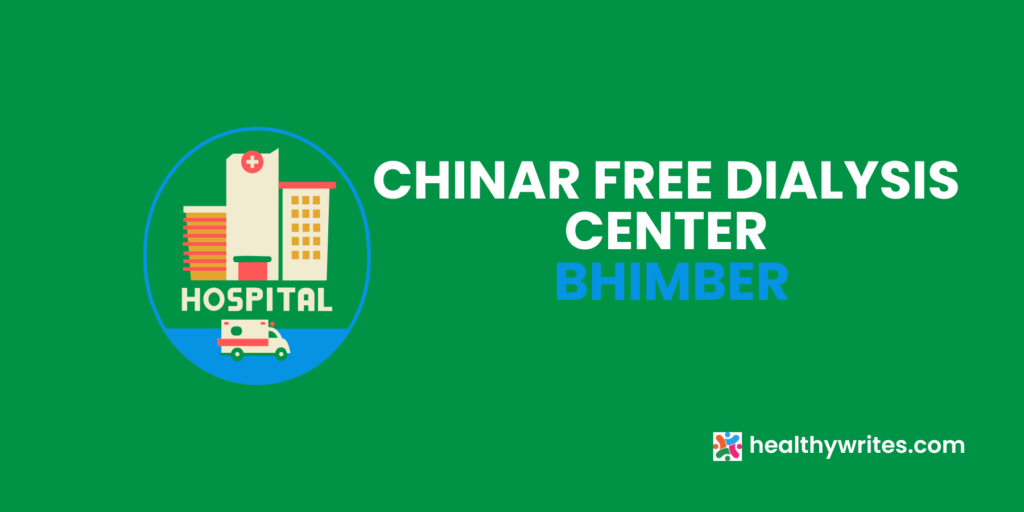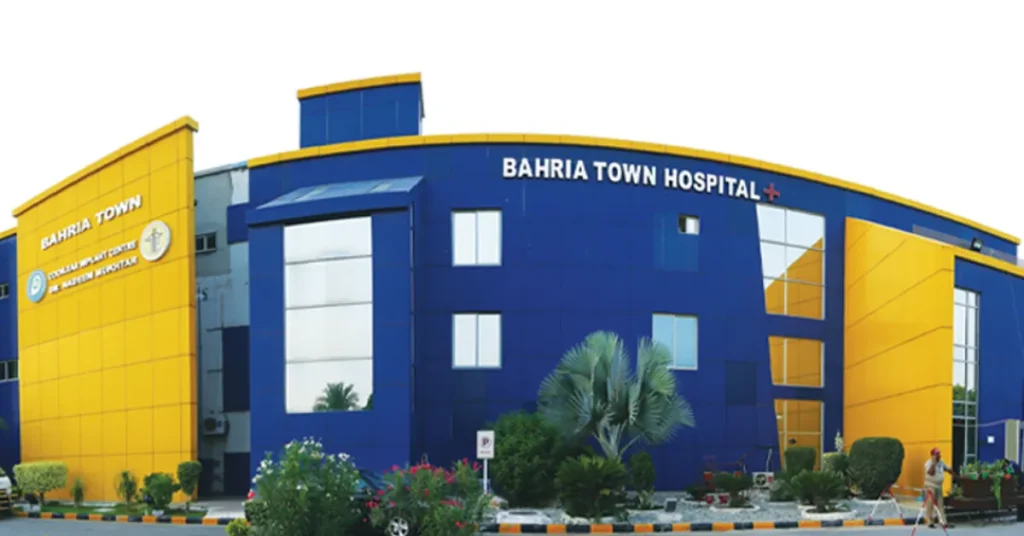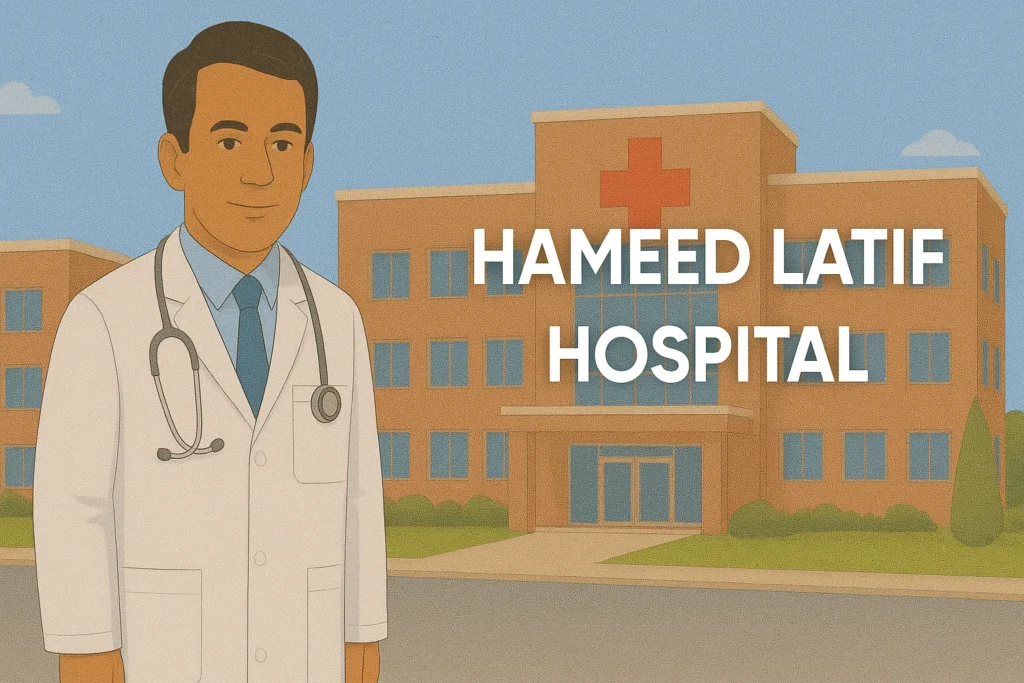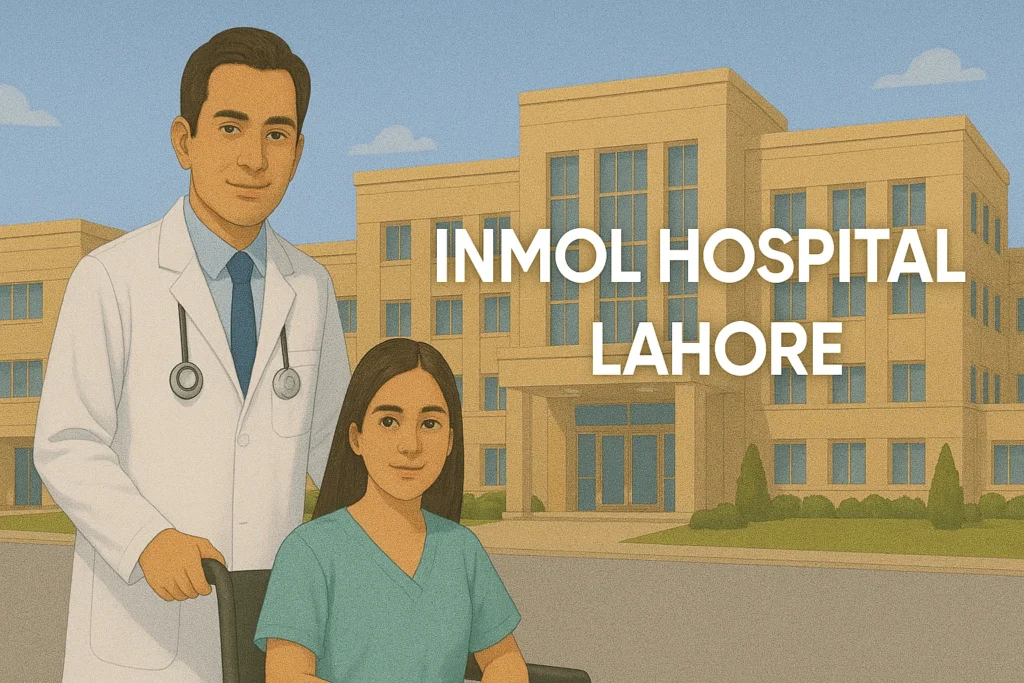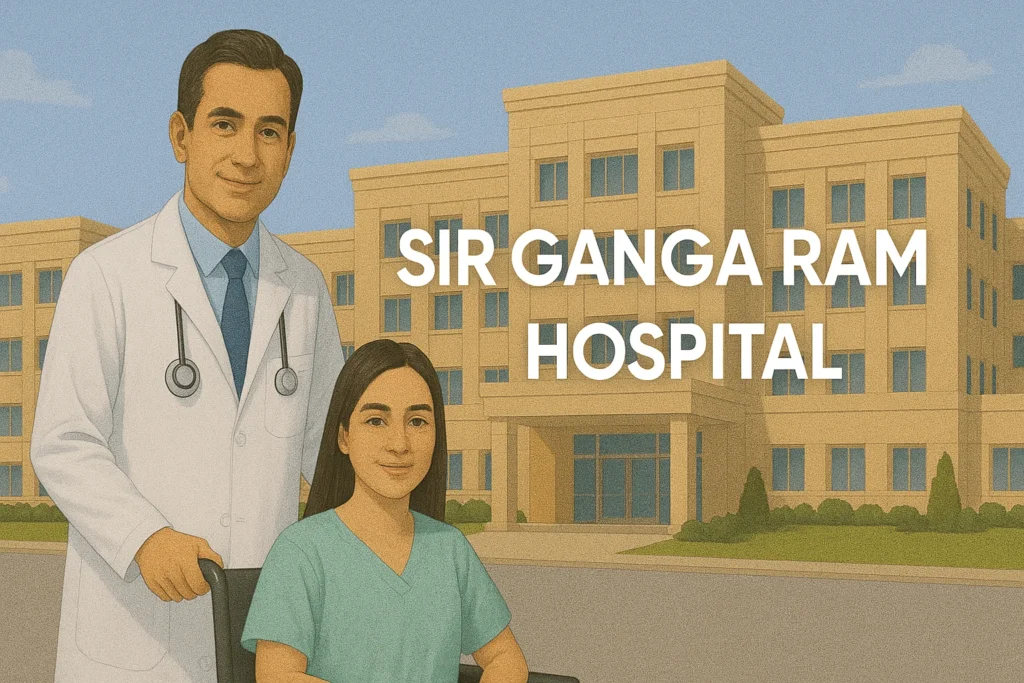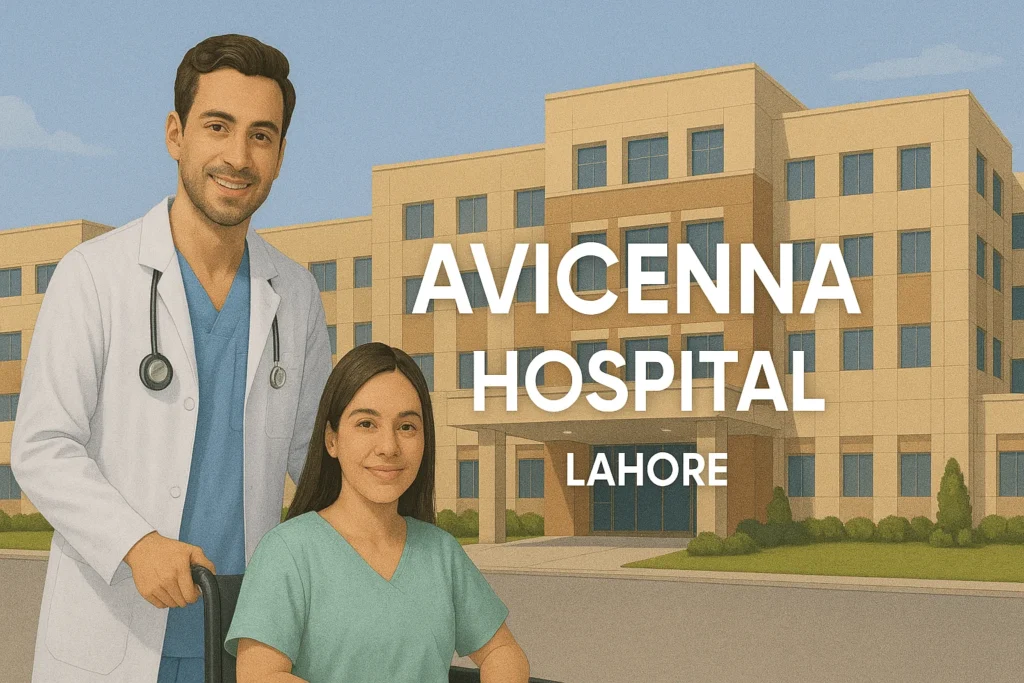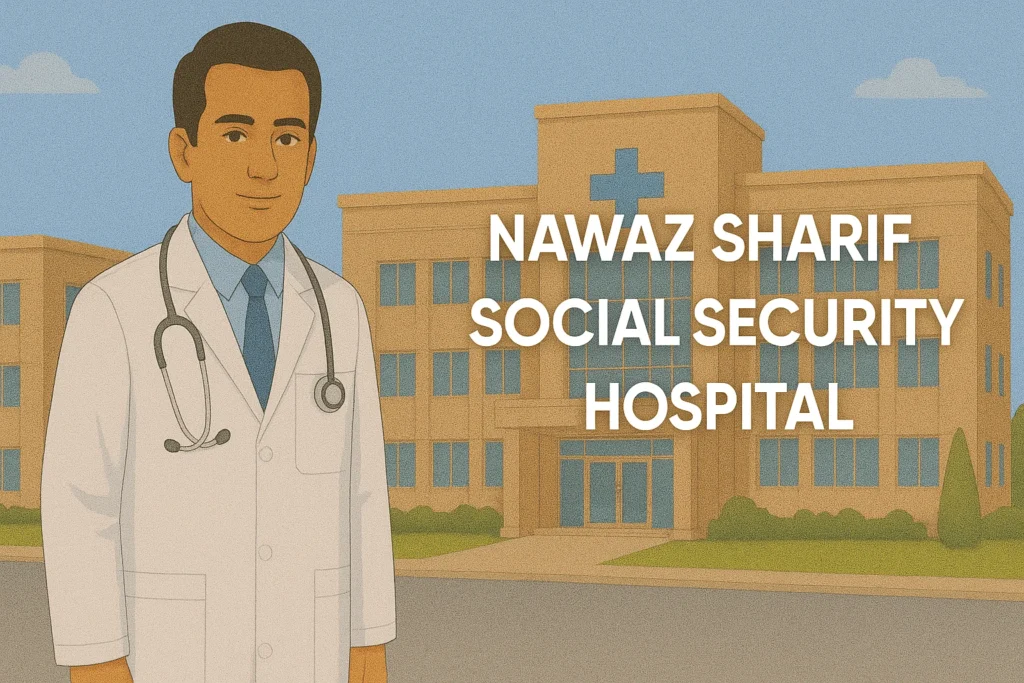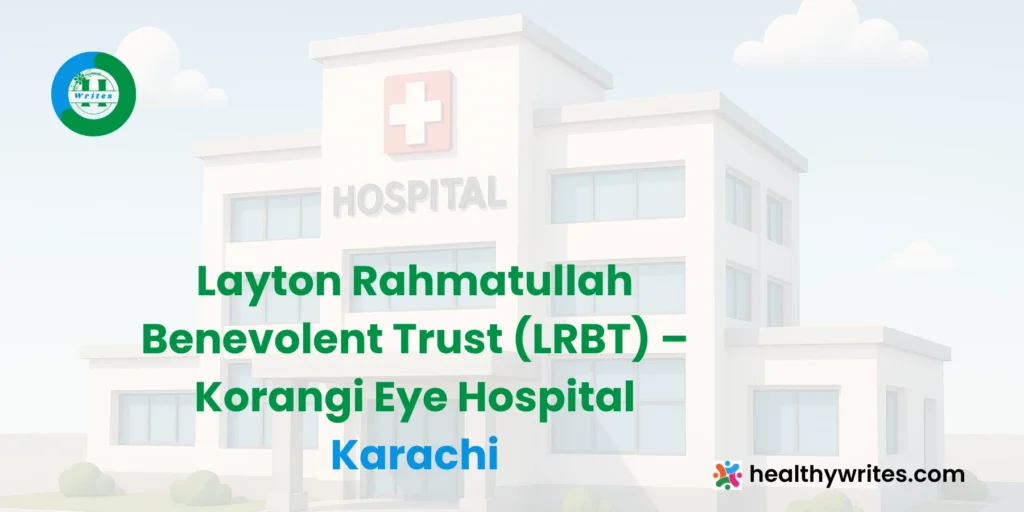Comprehensive Overview
Chinar Free Dialysis Center, located in Bhimber and offering care to patients from both Bhimber and neighboring Tehsils including Bhalwal, is a charitable healthcare facility focused on providing life-saving dialysis services at no cost or highly subsidized rates. Operated with philanthropic support, its mission is to deliver compassionate renal care to underserved populations.
Mission & Core Values
The center’s mission is to make dialysis treatment accessible to patients with kidney failure regardless of income. Its core values include compassion, dignity, medical integrity, and patient welfare—ensuring every patient receives respectful care in a sterile, professional environment.
Location & Accessibility
Situated in central Bhimber town, near main transport routes, the Chinar Center is easily reachable from surrounding villages and the wider Bhalwal area. Free transportation services or local pickup are sometimes arranged for patients without personal transport.
Dialysis Services Offered
The center specializes in hemodialysis treatment, offering:
- Scheduled Hemodialysis Sessions: Regularly scheduled treatments (commonly twice or thrice weekly) using modern dialysis machines
- Basic Monitoring: Routine measurement of blood pressure, weight, and basic vitals before and after treatment
- Supportive Consulting: Basic medical review before each session to monitor symptoms and patient readiness
- Safe, Sterile Environment: Adherence to strict infection control protocols with disposable tubing, dialyzers, and regular sterilization
Patient Experience & Support
The center is staffed by trained dialysis technicians and nursing staff who supervise each session. Patients receive guidance on pre- and post-dialysis care, dietary advice, hydration, and when to seek medical attention between sessions.
Facilities & Infrastructure
- Multiple dialysis stations in a clean, air‑conditioned treatment hall
- Waiting area with seating and drinking water
- Basic triage and monitoring area for pre- and post-dialysis checks
- On-site basic laboratory for blood urea, creatinine, and other quick tests
- Changing room and hygiene facilities for patients
- Support desk for scheduling sessions and travel coordination where applicable
Community Outreach & Patient Education
The center plays an active role in the local community by:
- Organizing kidney health awareness sessions and free screening camps
- Educating patients on diet management, fluid intake, and monitoring for complications
- Helping families understand the importance of follow-up, medication adherence, and preventive care
FAQs about Chinar Free Dialysis Center
Who is eligible for treatment here?
Patients diagnosed with chronic or acute kidney failure requiring dialysis are eligible—especially those who cannot afford private dialysis centers.
Is dialysis provided for free or at low cost?
Yes, services are provided free or with minimal charges, supported by charitable funds and community donations.
How often are dialysis sessions scheduled?
Typical schedules are two to three sessions per week per patient, depending on medical prescriptions and resource availability.
Does the center offer medical consultation?
Basic consultation and health evaluation are provided before each dialysis session; complex cases may be referred to nearby hospitals.
What safety measures are in place?
The center follows infection control protocols, uses disposable dialyzers, maintains strict sterilization, and supervises treatments under trained staff.
Can patients from Bhalwal visit this center?
Yes, patients from Bhalwal and surrounding areas are welcome, and limited transport support may be arranged depending on patient need.
Conclusion
Chinar Free Dialysis Center in Bhimber serves as a crucial lifeline for kidney patients in Bhimber, Bhalwal, and nearby areas. Through its free or highly subsidized dialysis services, patient education, and compassionate care model, it significantly improves access to essential renal treatment for economically vulnerable populations in the region.
